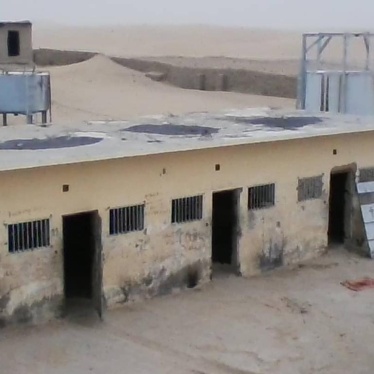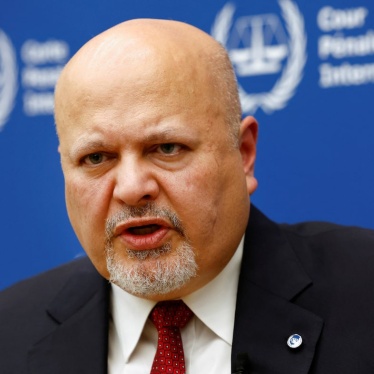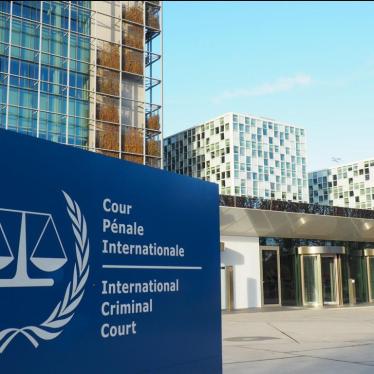(Juba) – South Sudan’s military should take concrete steps to end human rights violations by soldiers carrying out a civilian disarmament operation in Jonglei state and to punish those responsible for offenses, Human Rights Watch said today in a letter to President Salva Kiir. Human Rights Watch also urged the president to promptly swear in the members of the committee created in March 2012 to investigate inter-communal violence in Jonglei state, and ensure it had the necessary funding.
The ongoing, statewide civilian disarmament, called “Operation Restore Peace,” started in March 2012 in response to inter-communal violence in Jonglei state, which killed hundreds of Murle and Lou Nuer civilians in December 2011 and early 2012. Kiir established an Investigation Committee on Jonglei State Crisis with a mandate to investigate those responsible for the violence, but it has not begun to function because the government has not yet provided it with funding, nor have its seven committee members been sworn in.
“Justice and accountability in Jonglei seem to have fallen by the wayside,” said Daniel Bekele, Africa director at Human Rights Watch. “Authorities should investigate the cycle of violence in Jonglei, immediately put a stop to violations committed in the course of civilian disarmament, and ensure that those responsible are held accountable.”
Local authorities and international organizations have reported abuses by soldiers during the disarmament operation, particularly in Pibor county. In research conducted in Jonglei from July 19 to 26, 2012, Human Rights Watch found that soldiers continued to commit serious crimes against civilians while carrying out disarmament operations.
Victims and witnesses from the villages of Manyirang, Tangajon, Be, and Likuangole in Pibor county reported to Human Rights Watch specific incidents of soldiers shooting at civilians, and ill-treating them by beatings, tying them up with rope, and submerging their heads in water to extract information about the location of weapons.
One 40-year-old man from Manyirang told Human Rights Watch, “I was beaten and tied and dunked in water at least three times, then lost consciousness.” A 30-year-old man from Tangajon, who had walked to Pibor, the county capital, in search of medical care, described being subjected to the same form of torture with three other men:
There were six soldiers for each person. One for each arm and leg, one person pushing the head into the water, and one person stepping on the back. The water was in a hole in the ground. My arms were tied behind my back with a rope, the kind of rope people tie cattle with.
Human Rights Watch also received credible reports of rape and beatings and additional acts of torture in Be and Likuangole. The documented cases are likely to represent a small fraction of the total number of incidents, because many victims and witnesses do not report the crimes to county authorities.
Although South Sudan’s military has made some efforts to address violations by soldiers – such as distributing the code of conduct to those involved in disarmament and deploying additional judge-advocates – authorities have not taken sufficient steps to curb the violations or hold abusive soldiers accountable, said Human Rights Watch. The Pibor County Commissioner told Human Rights Watch there had been 14 cases of killings and serious injuries to civilians by disarmament forces since March, with military authorities having arrested suspects in only five cases.
The SPLA Act provides that crimes committed by soldiers against civilians be tried in civilian courts. However, in Pibor county, there is no civilian judge and no prosecutor, preventing civilian trials of soldiers.
The vast majority of soldiers in military detention in Bor and Pibor were held on charges of desertion, intoxication, injuring other soldiers, or vehicle accidents. Most did not understand the status of their case, such as the date of their trial and how long they would be in detention, and had not been afforded defense lawyers.
“The commanders in charge need to make sure the soldiers understand the code of conduct and the limits of the use of force,” Bekele said. “They should investigate all reported violations and, in cooperation with civilian justice officials, hold soldiers responsible for crimes against civilians, with due respect for their right to a fair trial.”





